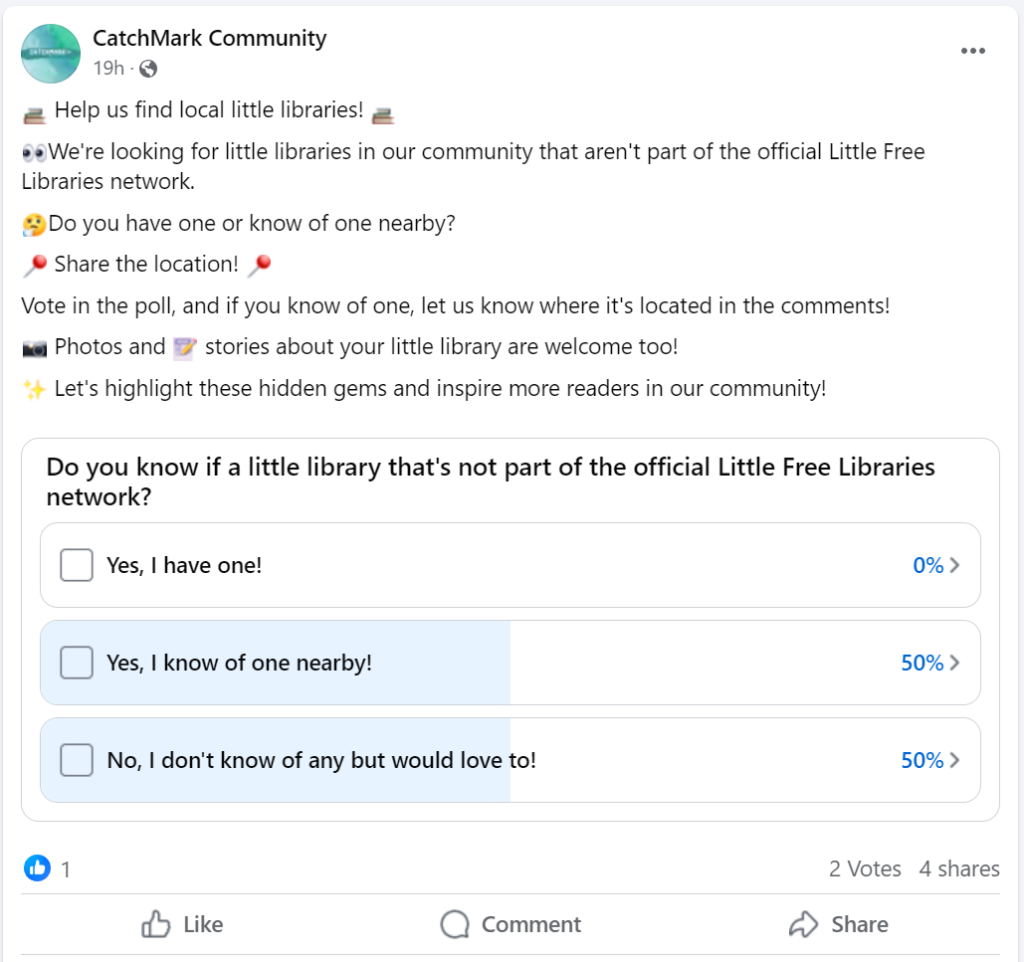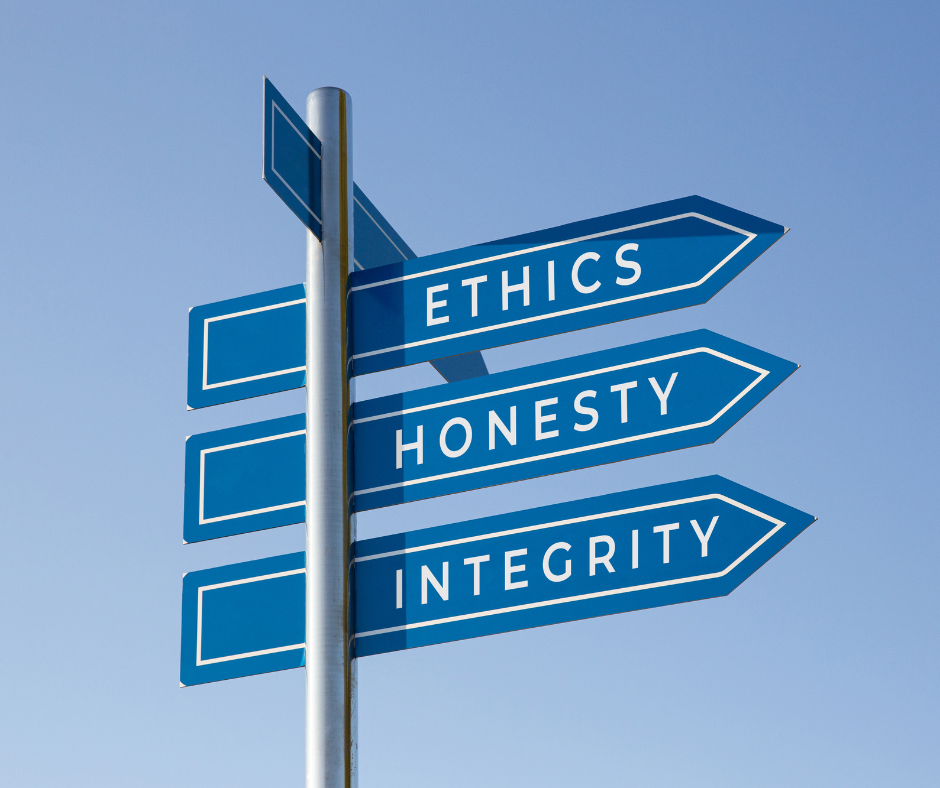As digital marketing continues to evolve in 2025, the importance of ethics has never been more pronounced. Consumers are increasingly aware of how their data is used, and trust is a critical currency in an age of misinformation and skepticism. Transparency and authenticity are no longer optional; they are essential pillars for success in digital marketing. Let’s explore why ethics matter and how brands can prioritize these values to build long-lasting relationships with their audience.
Why Ethics Matter in Digital Marketing
Ethics in digital marketing is about more than compliance with laws and regulations. It reflects a brand’s values and commitment to doing right by its customers. Unethical practices, such as deceptive advertising, data misuse, or fake reviews, can erode trust and damage reputations beyond repair. Ethical marketing ensures:
- Consumer trust: Transparent practices foster loyalty and reduce skepticism.
- Sustainable growth: Authenticity builds meaningful relationships, leading to repeat business and referrals.
- Brand reputation: Ethical marketing enhances credibility and positions a brand as a leader in its industry.

The Rise of Transparency in 2025
Transparency is the foundation of ethical digital marketing. Here’s how brands are embracing it in 2025:
1. Data Privacy and Consent
With increasing global regulations like the GDPR and CCPA, consumers demand greater control over their data. Ethical marketers prioritize:
- Clear data policies: Use plain language to explain how data is collected, stored, and used.
- Opt-in models: Obtain explicit consent for data collection and marketing communications.
- Secure systems: Invest in technology to protect sensitive customer information.
Transparency in data practices isn’t just about compliance; it’s about respecting consumer autonomy.
2. Honest Advertising
Gone are the days of exaggerated claims and clickbait headlines. In 2025, consumers expect:
- Realistic promises: Avoid overhyping products or services.
- Accurate targeting: Use ethical targeting methods that align with consumer preferences.
- Disclosed partnerships: Clearly label sponsored content and influencer collaborations to maintain honesty.

The Power of Authenticity
Authenticity goes hand-in-hand with transparency. It’s about being genuine, relatable, and consistent in messaging and actions. Here’s how brands can achieve authenticity:
1. Storytelling with Purpose
Authentic storytelling connects on an emotional level. To succeed:
- Share real stories: Highlight customer testimonials, employee experiences, or the brand’s journey.
- Show vulnerability: Be open about challenges and how the brand overcame them.
- Align with values: Ensure messaging reflects core brand values, not just trends.
2. Building Community
Authentic brands foster a sense of belonging. Strategies include:
- Engaging on social media: Respond to comments, join conversations, and celebrate user-generated content.
- Supporting causes: Partner with initiatives that align with your values and resonate with your audience.
- Creating transparency hubs: Develop dedicated sections on your website to address FAQs, behind-the-scenes looks, and sustainability efforts.

Navigating Ethical Challenges
Even with the best intentions, ethical dilemmas can arise. In 2025, brands must proactively address:
- AI Bias: As artificial intelligence becomes integral to marketing, ensure algorithms are unbiased and inclusive.
- Deepfakes: Avoid using deceptive AI-generated content that could mislead audiences.
- Greenwashing: Be truthful about sustainability claims and avoid exaggerating environmental efforts.

Measuring the Impact of Ethical Marketing
Ethical marketing isn’t just a moral obligation; it delivers tangible results. Key performance indicators (KPIs) include:
- Customer loyalty: Measure repeat purchase rates and customer lifetime value (CLV).
- Engagement rates: Track authentic interactions on social media and other platforms.
- Brand sentiment: Use tools to gauge public perception and identify areas for improvement.
Conclusion
In 2025, the role of ethics in digital marketing is more critical than ever. By prioritizing transparency and authenticity, brands can navigate a competitive landscape with integrity and purpose. Ethical marketing isn’t just good for consumers; it’s a strategy for long-term success that builds trust, fosters loyalty, and positions brands as leaders in their industries. In a world where trust is paramount, doing the right thing is the ultimate competitive advantage.

